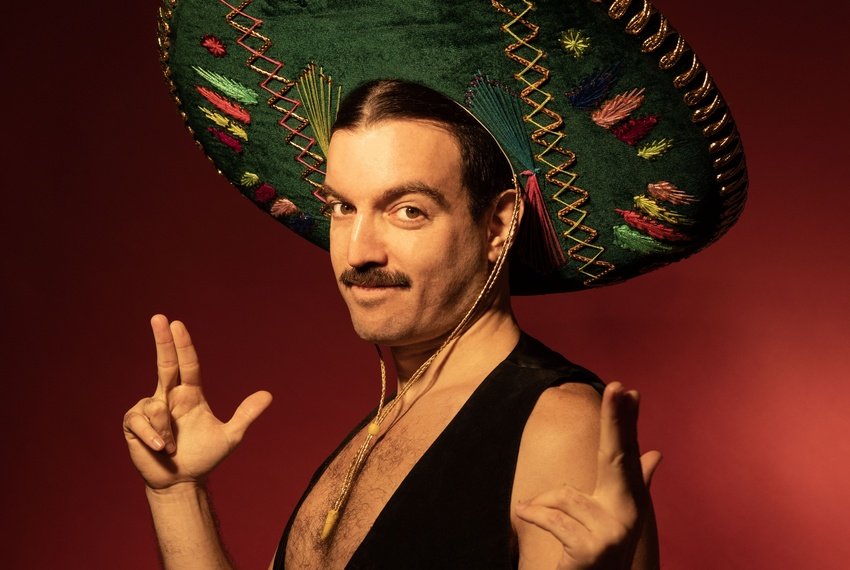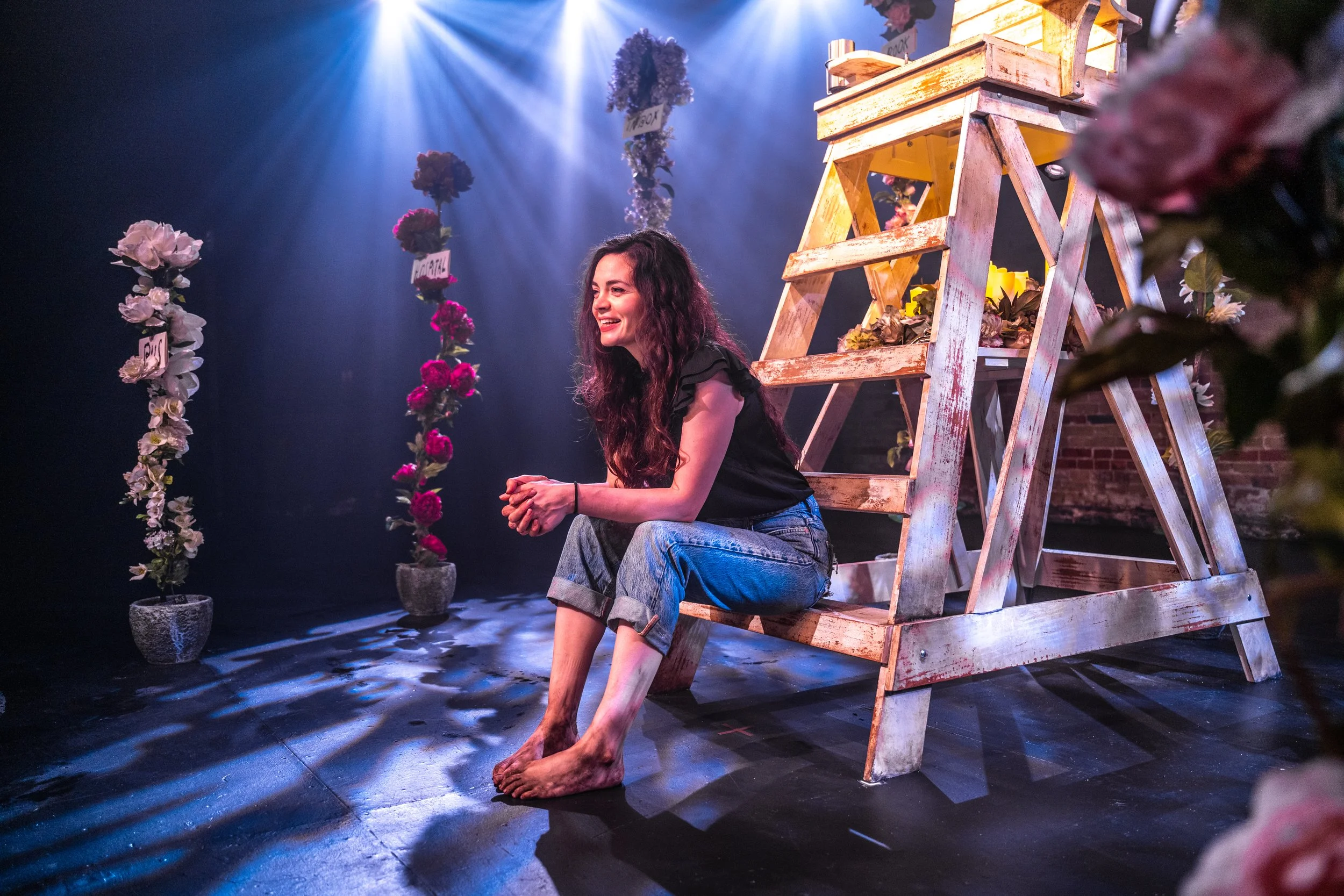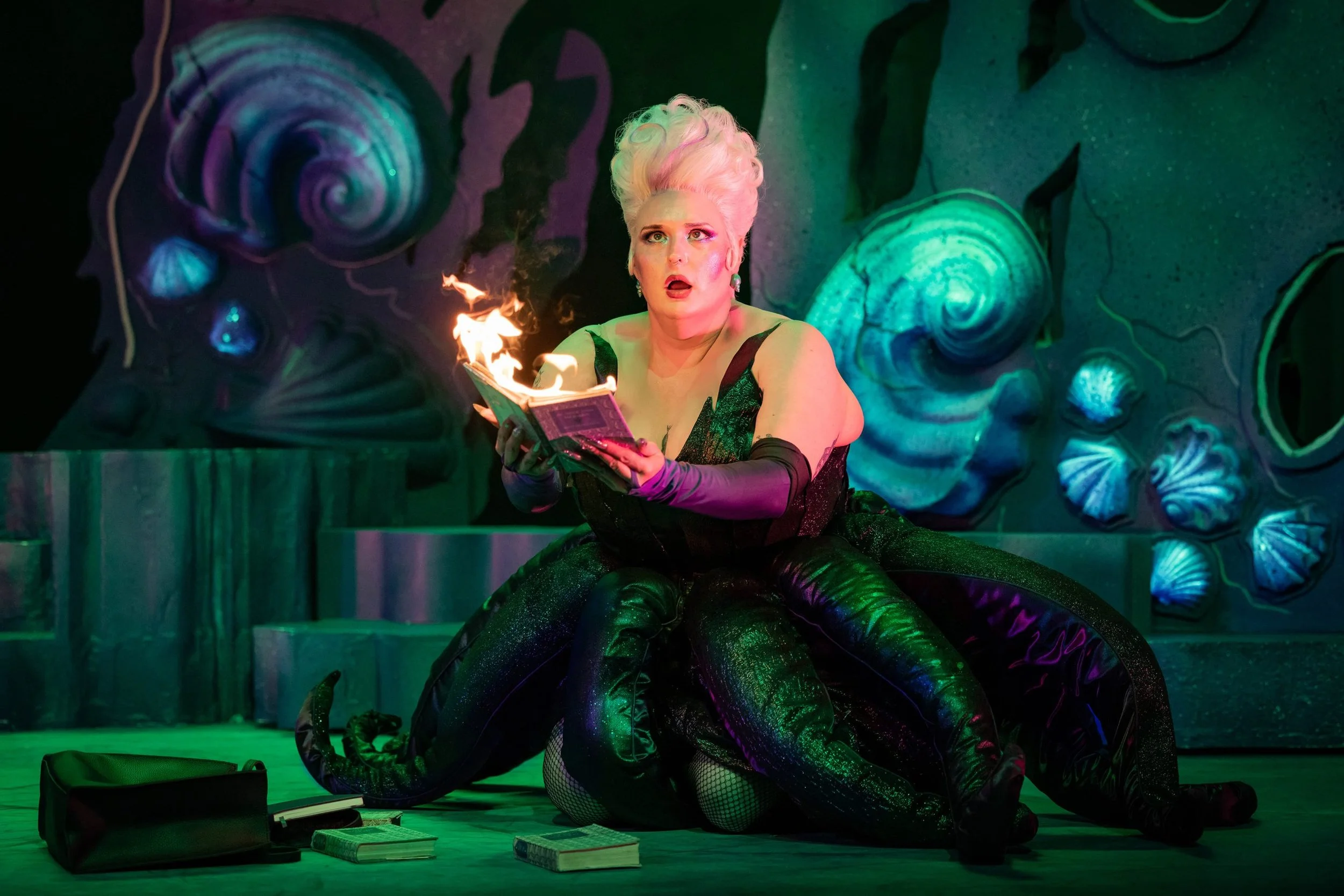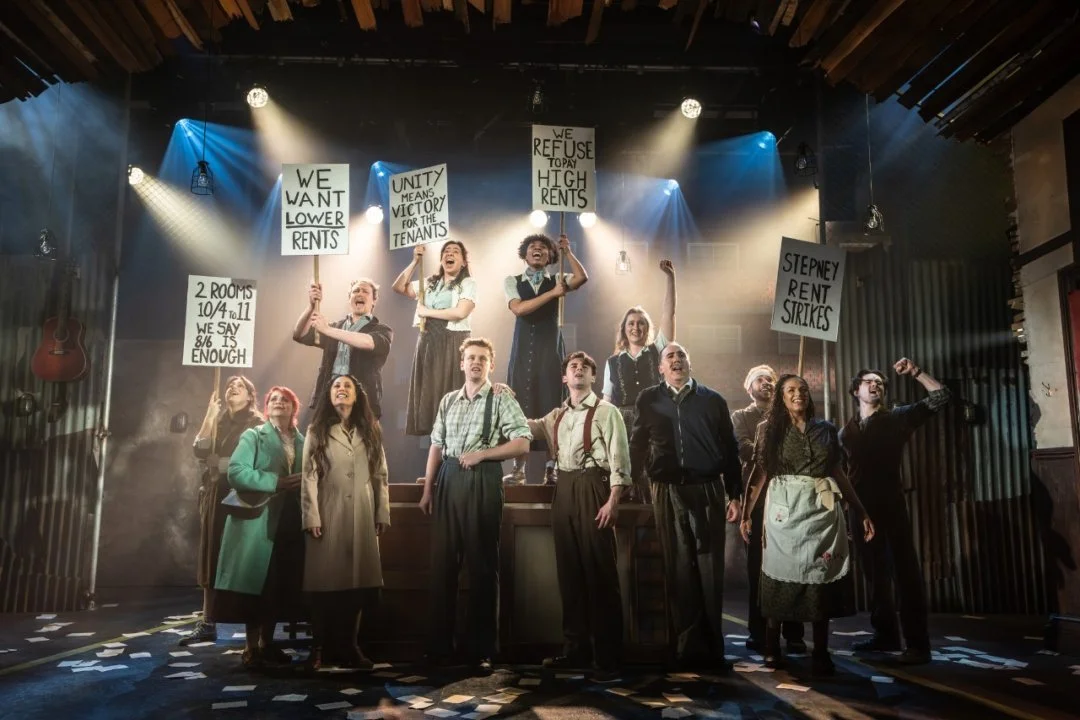Interview | Guido García Lueches, Playing Latinx
Blending comedy, spoken word and music to interrogate the stereotypes that people from South American countries face in culture and everyday life is Playing Latinx. Performed by Guido Garcia Lueches, this show heads to the Soho Theatre from 10 - 13 April. We spoke with them to find out more..
1. Tell us about your show Playing Latinx..
Playing Latinx is a party show, where we celebrate the resilience of what it means to be a migrant artist in the UK, Latin American style. It’s also a political rallying cry against the injustices we face in our day to day lives, through the language of silliness, Shakira and JLo. It’s a hot combo of stand-up comedy, Latin American music, spoken word poetry, and very stupid scenes with members of the audience, where they get to ask me to do increasingly uncomfortable things as we go - self-exploitation, baby!
If you’ve ever felt like you’ve compromised a little of yourself to try to ‘fit-in’ to someone else's preconceived idea of you, or if you just like an hour of solid laughs, then this one’s for you.
2. The show’s been on quite the journey! How does it feel to now bring Playing Latinx to Soho Theatre?
It’s an absolute dream! It’s been a long journey to get here: we started thinking about this show back in 2019, and it finally saw the light at Camden People’s Theatre in late 2021. It then toured a bit in 2022, and last year we played Summerhall at the Edinburgh Fringe, which was such a brilliant experience.
Because it’s a comedy heavy show, I think in the back of our heads we always thought “if we make it to the Soho we’ll have made it.” And now we’re here! So we have? I don’t know about that, but it does feel very good to be given a bigger platform for the show, and hopefully people who didn’t see it last time we were in London can come this time. Or come again! This is probably it’s farewell tour, if I’m honest.
3. This show explores bias and stereotyping particularly within the arts - why did you feel it was important to shine a light on this?
Well, everyone thinks theatre is so liberal and open, and yet you go see a play in London and all you hear are RP accents, with maybe one Northern one somewhere for comic relief. And walking around London, that couldn’t be farther from what is happening out there! We live in a gloriously multicultural society, and yet representation in the arts is decades behind. I rage about the political discourse around migrants in the media and parliament (because the scapegoating is truly abhorrent), but honestly the arts are, to a point, complicit in this discourse not changing.
There are hundreds of thousands of Latin Americans in the UK, yet by consuming pop culture you would never know it. The little representation you find is actually pretty hurtful, so we’re putting a mirror up and whoever wants to have a chuckle with us, let’s go. If you knew the amount of castings I go to for ‘narco’-type characters, you would die, and that’s more or less the starting point for this show.
4. How important is using silliness and fun to explore serious themes?
Humour is a magical thing, like a spell. If I’ve made you laugh, then you’re already on my side, and once I have you there, then maybe we can have a conversation. It’s the only way we know how. We make theatre because we have something to say, of course, but this only works if you’re having fun while we make our point. No one wants to be preached at for any length of time. But to laugh and dance along to Despacito? Well that’s a different proposition altogether.
I was that kid in school that could get away with talking back to the teachers because everything came with a bit of cheek, and this show is no different. I doubt I’m making any friends in the industry by saying all I’m saying, but maybe if I say it smiling and dancing it’s ok?
5. You’ve just performed in Jeezus! The Musical at The Pleasance - how was that experience, how does it feel to now be returning to Playing Latinx, and are there any parallels between the two shows?
It was incredible! We only did two shows as a proof of concept, so there’s definitely more of Jeezus coming very soon.
To a point, it felt like a continuation of the work. I didn’t write Jeezus! (my partner Sergio Antonio Maggiolo did, though we did write a bunch of songs for it together), but it’s imbued with the same sense of fun, irreverence, and political urgency that Playing Latinx has. We’re dealing with very different topics, queerness and religion, as opposed to representation in the arts, but the decolonial lens is very similar. And ultimately, in both shows the main goal is for people to have fun, so the language also feels the same. It doesn’t feel like a coincidence, in terms of the universe making things happen, to be starting Jeezus! as Playing Latinx comes to a fabulous conclusion at the Soho Theatre. And who knows, they might go really well together in a double bill at some point in future.
6. Playing Latinx involves quite a bit of audience interaction - do you have any favourite interactions from the show so far?
The whole show is more or less a conversation with the audience, which makes every show quite unique every night, and so many interactions come with it so it’s hard to pick.
At Fringe one day we had a six year old girl (I’m estimating here) teach me how to dance in front of a crowd full of people, which just blew my mind, she was the least nervous of all the participants we had.
Sometimes my favourite bits are the interactions I see the audiences have amongst themselves, like when the back row starts trying to peer pressure the front row into sitting on the chair. Or when I clock the immigrants in the house giving little side, knowing looks to each other, when something has hit particularly close to home.
7. What do you hope audiences take away from the experience?
A good night out! Look, you’ve given me an hour of your time that night, so I’m gonna give you a show! If you’ve laughed all night then I’m a happy human, and if then you’re still talking about the show with your friends, because there were some good points in there and maybe, I don’t know, you learnt something about the world and about yourself, and who knows, one day in the future you have an interaction at work with someone named Roberto and you don’t treat him like shit well, that’s the dream.










